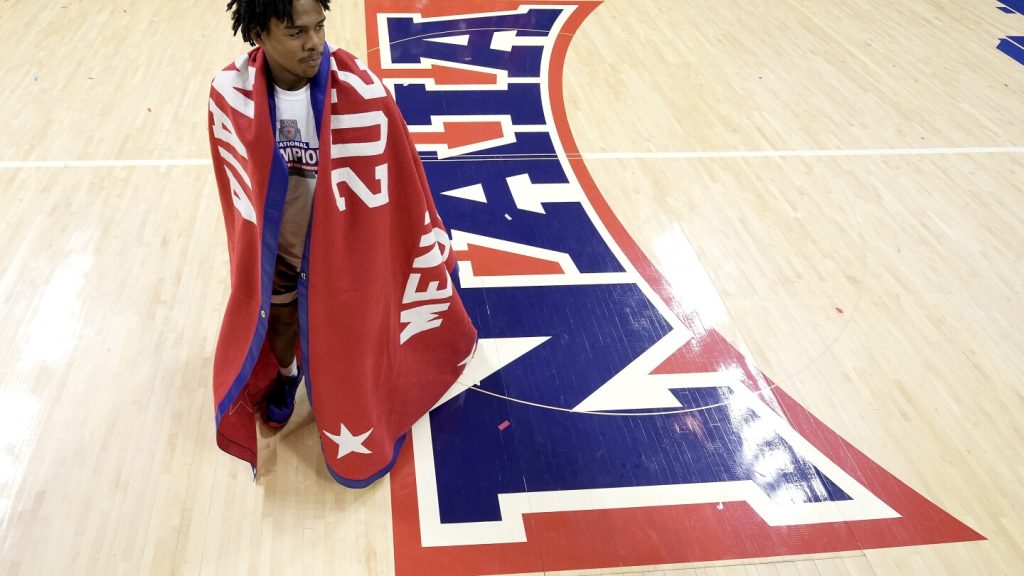The National Association of Intercollegiate Athletics (NAIA) has implemented a new policy that essentially bans transgender athletes from competing in women’s sports at its colleges. The policy states that only athletes assigned female at birth, who have not undergone hormone therapy, can participate in women’s sports. While transgender athletes can participate in male sports and team activities like workouts and practices, they are not allowed to compete in intercollegiate competitions.
The NAIA’s decision has sparked controversy, with some praising it for ensuring fair competition and others condemning it as discriminatory. Various groups, including the National Women’s Law Center, have expressed outrage at the policy, arguing that it harms transgender, nonbinary, and intersex individuals and perpetuates harmful stereotypes about women in sports. The policy comes amid a broader debate about the inclusion of transgender athletes in women’s sports, with some conservative groups advocating for restrictions in this area.
The NCAA released a statement following the NAIA’s announcement, affirming its commitment to promoting fairness and Title IX, which prohibits sex-based discrimination in education. However, the issue of transgender athlete participation remains contentious, with at least 24 states having laws that restrict transgender women and girls from competing in certain women’s sports. The Biden administration’s plans to address this issue through new federal Title IX rules have stalled, leaving a patchwork of state laws in place.
Legal challenges to the NAIA policy are anticipated, with experts predicting that Title IX laws may come into play. Given the complex nature of the issue, it may take a Supreme Court ruling to provide clarity on the matter. The majority of NAIA schools are private, with many having religious affiliations, which may have influenced the decision-making process behind the policy. Ultimately, the debate over transgender athlete participation in sports is likely to continue as legal battles unfold and new regulations are considered.
Transgender athletes make up a small percentage of high school and college athletes, with estimates suggesting that their numbers are relatively low. The NCAA has had policies in place regarding transgender athlete participation since 2010, requiring hormone therapy and testosterone level documentation for championship competitions. As the issue of transgender athlete inclusion in sports continues to evolve, it remains a divisive and complex topic with legal, ethical, and practical implications for the future of women’s sports.


